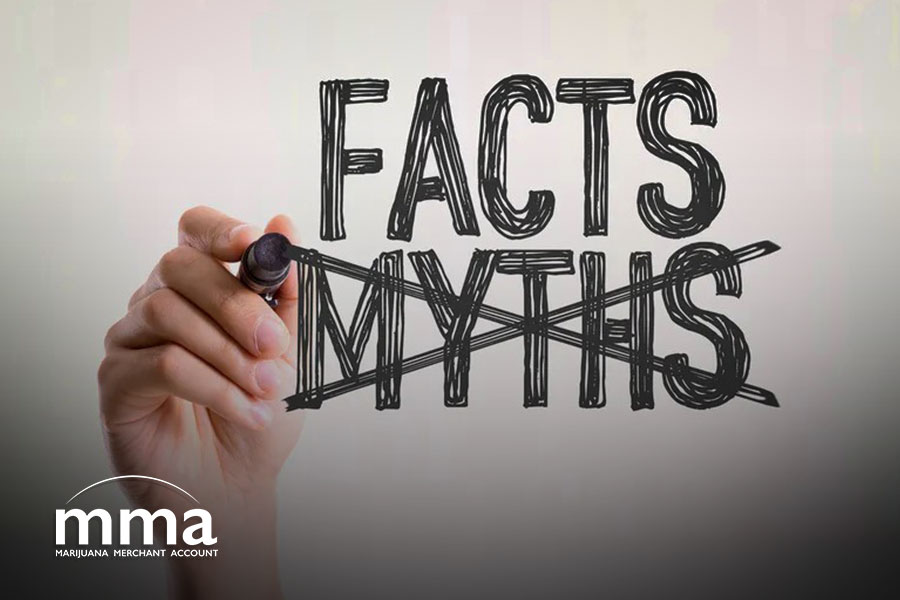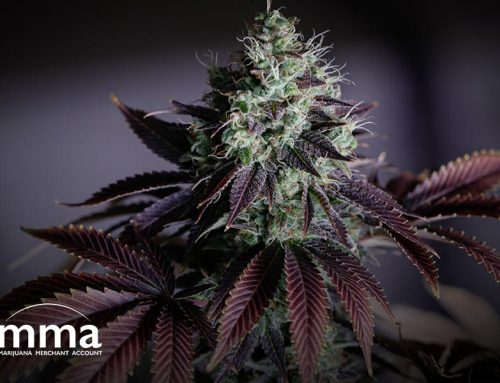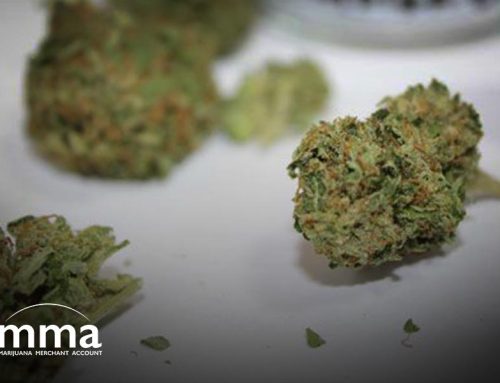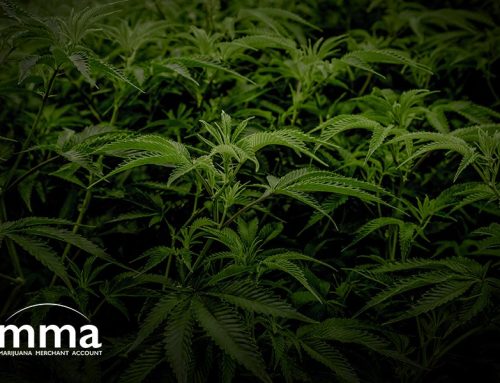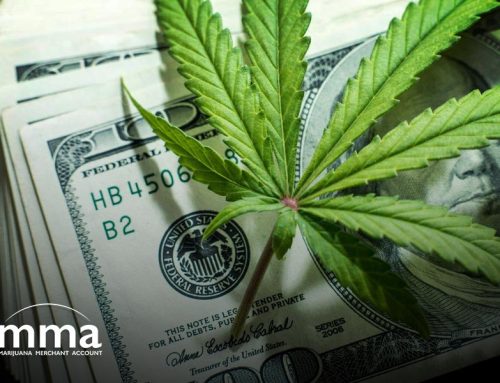When it comes to cannabis banking, it’s amazing how much misinformation is online.
This multi-billion-dollar industry continues to grow and yet certain myths about cannabis banking persist. Here is a breakdown of the top four myths that keep circulating about the cannabis industry and banking.
Myth #1: Cannabis businesses and related businesses can’t get bank accounts at all.
As state regulations have been passed, this is simply no longer true. Cannabis companies can get bank accounts in states where they are regulated and licensed. The concern comes from the fact that financial institutions are federally regulated, and cannabis remains illegal on the federal level. While this has kept many banks from jumping into servicing the cannabis industry, that’s not the only reason. That leads us into the next myth.
Myth #2: Banks and credit unions are not allowed to work with the cannabis industry.
There is a path forward for banks and credit unions that want to take on cannabis-related businesses as customers. These institutions have to abide by the guidance laid out by the Financial Crimes Enforcement Network (FinCEN) in 2014, which does require extra paperwork and due diligence. But the cannabis industry is not the only industry that requires a higher level of scrutiny than others. Businesses like payday loan companies, pawn shops and gun shops are all federally legal but highly regulated, and they are prone to sometimes losing their bank accounts. This comes down to the fact that banks are risk-averse, and they aren’t interested in accruing fines for working with an unlicensed or otherwise risky client. That means a highly regulated cannabis company can also lose its accounts if it becomes too risky.
Myth #3: The SAFE Banking Act will fix everything!
The Secure and Fair Enforcement (SAFE) Banking Act has moved its way through the House of Representatives and is lingering in the Senate, so far without action. The bill would codify that banks would not be penalized for working with the cannabis industry and clarify other rules, but that doesn’t mean its passage would open up bank doors for cannabis businesses. Big banks may be unlikely to jump on the bandwagon even if the SAFE Banking Act passes, because many of them already don’t work with other industries seen as “high risk” as mentioned in Myth #2. It’s possible that some bigger banks may consider some cannabis clients if the SAFE Banking Act passes, but it may not be the flood that some hope it would be.
Myth #4: Once I get a bank account, I can accept debit and credit card payments.
Sadly, obtaining a bank account does not grant a cannabis business the ability to work with debit or credit cards through the usual routes. They are strictly prohibited from providing payment services for cannabis. Strictly CBD products, however, can be bought with debit and credit card payments–this could be a great way to build relationships with payment service providers through the CBD space to potentially move to include whole-plant cannabis when the provider changes its policy.
Cash remains king for cannabis, however. Aside from direct electronic transfers, the only other option cannabis companies have is to lie about the kind of business they have to payment service providers, which is both illegal and a terrible idea.
—
What other myths have you heard about cannabis and banking? Sound off in the comments below.

